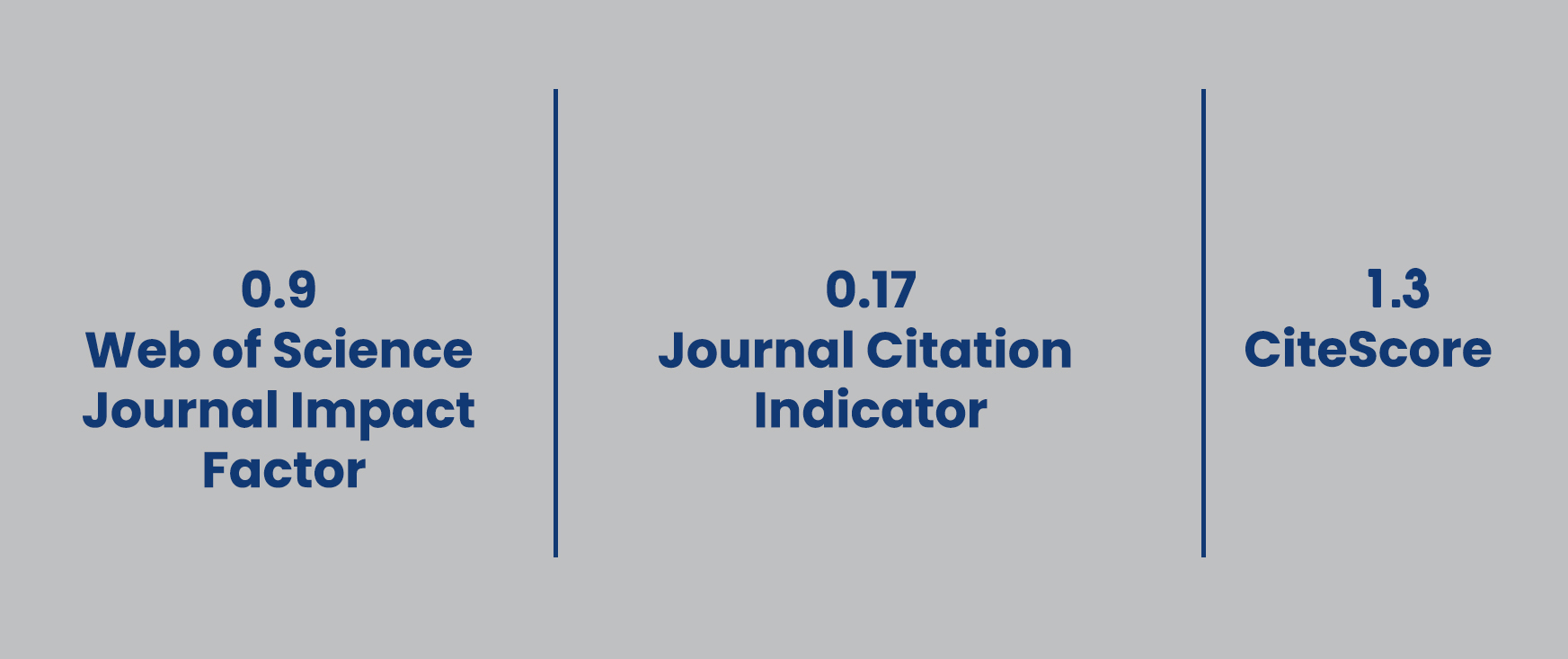

JEMS apply the Creative Commons Attribution NonCommercial 4.0 International Licence to all manuscripts to be published
Strategic Ship Fleet Planning for Crude Palm Oil Marine Transportation: A Case Study in Indonesia
Achmad Riadi, Muhammad Hanif Fajri RamadhanUniversitas Indonesia Faculty of Engineering, Department of Mechanical Engineering, Depok, IndonesiaThis paper presents the application of strategic ship fleet planning for the maritime transportation of crude palm oil. This study aims to determine the optimal number of chemical tankers required, their capacity (in deadweight tonnage), and the appropriate timing for chartering, buying, or selling vessels within the fleet. To achieve this, mixed integer linear programing is utilized as the optimization framework for strategic ship fleet planning. To ensure a more authentic approach, the investigation utilized a case study focused on the export of Indonesian crude palm oil. The research findings indicate that several export routes cannot be serviced due to higher transportation costs, which could potentially be anticipated through an increase in freight rates. In addition, decisions regarding the quantity and categories of fleets required for each transportation route were also made. The importance of this study is highlighted by its capacity to offer valuable insights to exporters, shipping companies, and the government regarding tanker fleet deployment, management, and regulatory considerations. Furthermore, these findings provide a clearer understanding of the necessity of a tanker fleet for transporting crude palm oil. This supports the Indonesian governments beyond cabotage policy, which mandates the use of vessels operated by national shipping companies for crude palm oil exports, making it a relevant case study for examining the effectiveness of such measures.
Keywords: Strategic ship fleet planning, Crude palm oil, Beyond cabotage policy, Mixed integer linear programing, Optimization, Marine transportationManuscript Language: English
(1991 downloaded)










